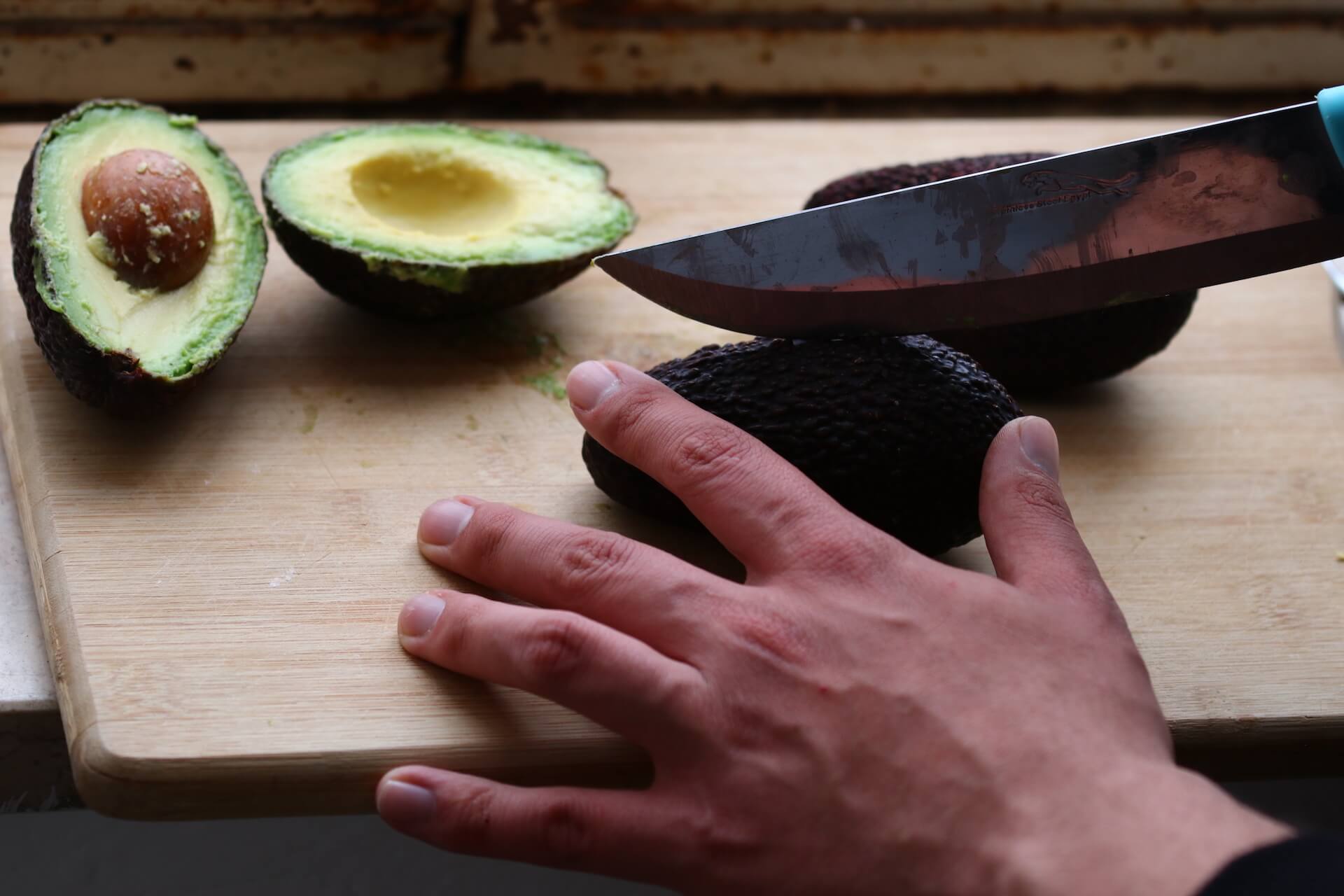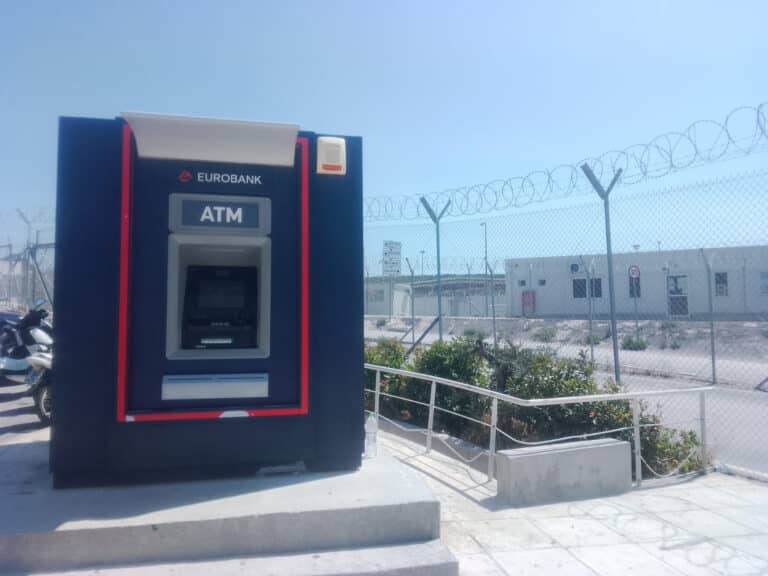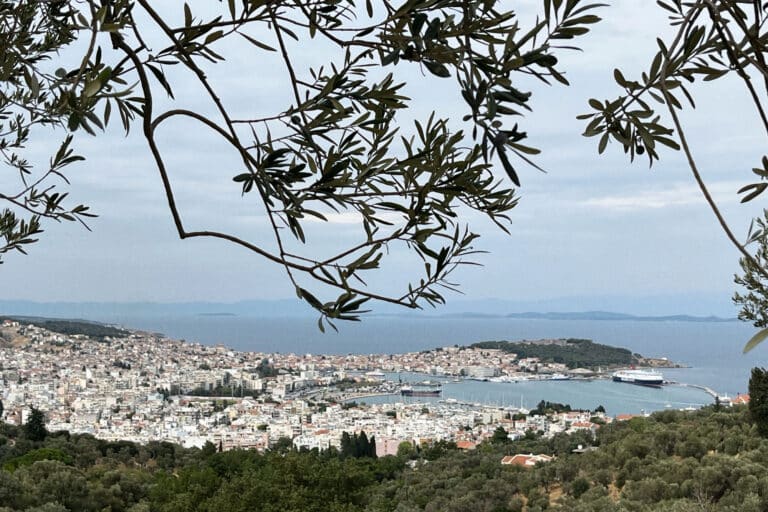The Israeli occupation of Palestine is marked by the war crimes directly carried out by the occupiers, such as murder, demolition, displacement, and other violations that are blatantly apparent to anyone who visits Palestine or follows the news on social media. However, after reflecting on our lives as Palestinians, I have come to realize that there are small details in our daily lives that are not directly attributed to the occupation but still have profound effects on us. These details can only be seen or felt by those who live here and grow up with the reality of an obstacle lodged in each straightforward daily task or any plan for the future.
One clear example is that of a resident of the Tel Rumaideh neighbourhood in Al-Khalil/Hebron who wanted to buy a knife to cut vegetables for a salad. Checkpoints surround Tel Rumeidah on all sides; therefore, when residents want to bring items into their homes, including a kitchen knife, they must communicate with the District Coordination Office for security coordination between Palestinian and Israeli authorities to ensure that the item will not be used illegally. The term ‘illegal’ here refers to any behaviour that Israeli authorities may deem a threat to the security of Israeli individuals. In contrast, the same behaviour may be considered legal when it involves Palestinians.
A ‘security coordination’ process can take days or even weeks. The same procedures are required for any sharp tool, no matter how simple. Have you ever had to think twice about buying a kitchen knife for your home?
Another reality that highlights the occupation’s impact is the restriction of movement. In less than four months, I will be 24 years old, and so far, I have not experienced the feeling of walking on the seaside, the waves crashing against my body, or the cool salty air on my skin. This scenario exists only in my imagination and the TV series I am watching. Is this not a product of the occupation when I face a question on Instagram about whether I prefer the sea or the mountains and cannot answer because I have not had the chance to try?
The Mediterranean Sea is only 62 kilometres away, and it takes only two hours to get there. However, checkpoints are everywhere, and when I tried to get Israeli permission last month as a last resort in an attempt to visit my country, it was rejected and postponed to a time when I could not go. This was one of the biggest disappointments of my life.
Is it not a product of the occupation that every foreigner I meet has visited Jerusalem and other Palestinian cities in the occupied territories without any restrictions, while I have only visited Jerusalem twice in my lifetime, only after obtaining permission from the Israelis?
I spoke with a woman who met her husband 20 years ago in Gaza. She agreed to marry him, and they moved to his hometown of Hebron, where he built a house for them. However, a few years later, Gaza was completely shut down, and no Palestinians were allowed to enter, even if they were from Gaza but married someone from another city. She told me that her little brother, who was only eight years old when she left Gaza, is now 28 and about to get married. She has been trying to get a permit to enter Gaza for one day to attend her brother’s wedding because he was her favourite sibling, but she will likely not be able to attend.
The last story in my article, but certainly not the last in the lives of Palestinians, is about a woman who lives in the village of Khalet al-Dhabe in Masafer Yatta/South Hebron Hills. The Israeli army has ordered the demolition of the entire village on an undetermined date. The woman recounted how she fell sick one night, and because of the occupation, no vehicles were allowed in or out of the village. She had to ride on a donkey for three hours through empty lands full of predators to reach medical attention. If anything had happened, there would have been no one to help her.
Being occupied is not only about facing direct violence but also about the subtle ways in which occupation impacts our daily lives and curtails our aspirations. It makes us afraid of getting sick without a choice of treatment or mobility. We are deprived of the simplest essentials of life, like a functional kitchen or a day on the beach. The occupation restricts not only physical mobility but also emotional and mental freedom by imposing ceilings on people’s dreams and ambitions. And while the rest of the world develops, we are stuck in a time warp: living in caves, hiding from the occupation, and using animals to move.




